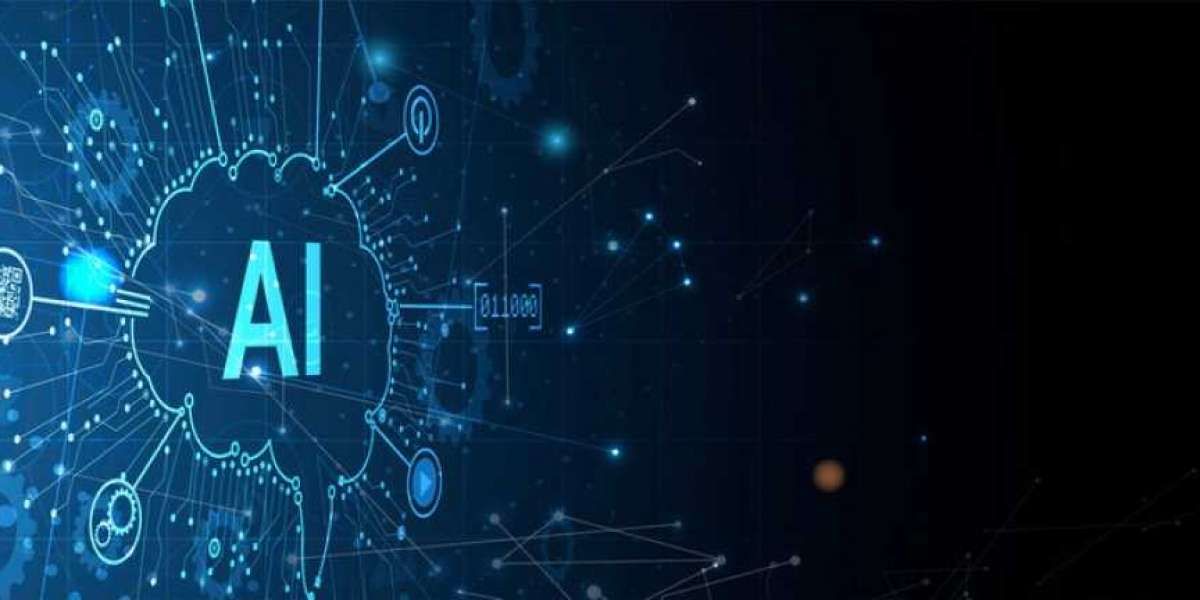Artificial intelligence (AI) is a rapidly evolving technology that has the potential to revolutionize many industries and aspects of our lives. It is already being used in a variety of applications, from image recognition and speech synthesis to self-driving cars and predictive analytics. In this blog, we will explore some of the key features of AI and the impact it is likely to have on society.
Features of Artificial Intelligence:
Machine Learning: Machine Learning is one of the essential features of AI that enables machines to learn and improve from experience. The machine is trained on a large dataset to identify patterns and make predictions.
Natural Language Processing: Natural Language Processing (NLP) is a subfield of AI that enables machines to understand and interpret human language. It is used in virtual assistants, chatbots, and speech recognition systems.
Robotics: Robotics is the integration of AI with robots to perform complex tasks. Robots are used in industries, medical surgeries, and space exploration.
Deep Learning: Deep Learning is a subset of Machine Learning that uses neural networks to learn from large datasets. It is used in image recognition, speech recognition, and natural language processing.
Computer Vision: Computer Vision is a field of AI that enables machines to see and interpret images and videos. It is used in self-driving cars, security systems, and medical diagnosis.
Impact of Artificial Intelligence:
Healthcare: AI has the potential to revolutionize healthcare by improving diagnosis, drug development, and patient care. AI-powered medical devices can analyze patient data, monitor vital signs, and alert medical professionals in case of emergencies.
Education: AI can personalize learning by analyzing student data and providing tailored learning materials. It can also assist teachers in grading, feedback, and lesson planning.
Finance: AI is used in fraud detection, risk assessment, and investment strategies. AI-powered chatbots and virtual assistants can also provide customer support and financial advice.
Transportation: Self-driving cars and drones are the future of transportation. AI-powered traffic management systems can also reduce congestion and improve safety on roads.
Retail: AI can improve customer experience by providing personalized recommendations, chatbots for customer support, and inventory management systems.
Conclusion:
AI has the potential to transform various sectors and improve our lives. However, it is also essential to consider the ethical and social implications of AI, such as job displacement, bias, and privacy concerns. As AI technology advances, it is crucial to regulate and ensure its responsible use.








